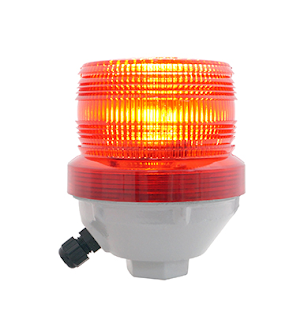Revolutionizing Commerce in Textile and T-Shirt Business: A Comprehensive Guide

In the ever-evolving landscape of commerce, the textile and t-shirt business stands out as a vibrant and dynamic industry. From fashion enthusiasts to entrepreneurs, the appeal of this market is undeniable. In this comprehensive guide, we'll delve into the intricacies of commerce within the textile and t-shirt business, exploring the latest trends, challenges, and innovative solutions that are reshaping the way we buy and sell in this exciting sector. The Digital Transformation: One of the most significant shifts in recent years has been the industry's embrace of digital platforms. Online marketplaces have become the go-to destination for consumers seeking a diverse range of textiles and t-shirts. This digital revolution has not only expanded the reach of businesses but has also empowered consumers with more choices and convenience. As we navigate through this digital age, entrepreneurs are leveraging user-friendly platforms to establish their online presence. One such platform...




